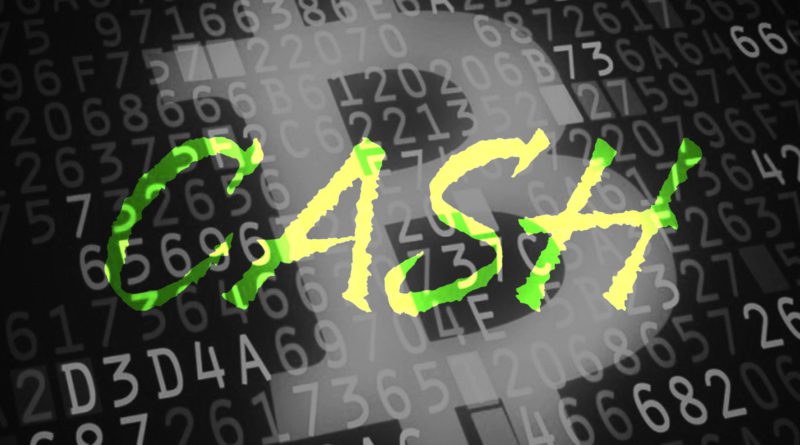In the US, bitcoin is officially recognized as a commodity
At the end of last week, the US Commodity Futures Trading Commission (CFTC) was completed with the
Derivabit bitcoin exchange. According to the resolution of the Commission, bitcoin and other
crypto-currencies should be considered a commodity, and for trading they need to properly register their
company, obtain licenses and track transactions.
In the United States there has been a long debate about what are the crypto-currencies - money or
goods, how to deal with them, and most importantly - to pay taxes. The CFTC, in turn, tried to figure
out whether the crypto-currencies fall under its jurisdiction.
Now the CFTC officially begins to regulate trade in crypto-currencies, their futures and options, and to fine
or cover negligent traders. If the company wants to trade derivatives or futures for crypto currency, it will
have to register accordingly and receive a license.
“Although now everyone is very excited about the topic of the bitcoins and other crypto-currencies,
innovations do not allow individuals working in the commodity derivatives market to deviate from the
general rules for trade,” said Aitan Goelman, the enforcement director.
Undoubtedly, such a decision will not only make transactions with bitcoins more transparent and help
prevent problems like those experienced by the notorious Mt.Gox exchange, but also increase the
overhead costs for carrying out transactions with crypto-currencies for intermediaries.
Meanwhile, in Russia on September 22 the government considered legislative amendments to the
federal law “On the Central Bank of the Russian Federation”, prepared last fall. Apparently, these
amendments will finally declare crypto-currencies outlawed, since, according to experts,
the new amendments include articles prohibiting the issuance of crypto-currency and their circulation
in the domestic financial market. Also, access to the exchanges, where the turnover of the Crypto-currency
is carried out, will be limited.
This decision is likely to be due to the fact that the Central Bank does not want to part with the role of the
only money issuer in the territory of the Russian Federation, considering that the use of crypto currency
automatically implies their release. And the regulator does not want to invent a scheme in which those
who wish can issue crypto-currencies under the control of the Central Bank, and provide them with any
means.


